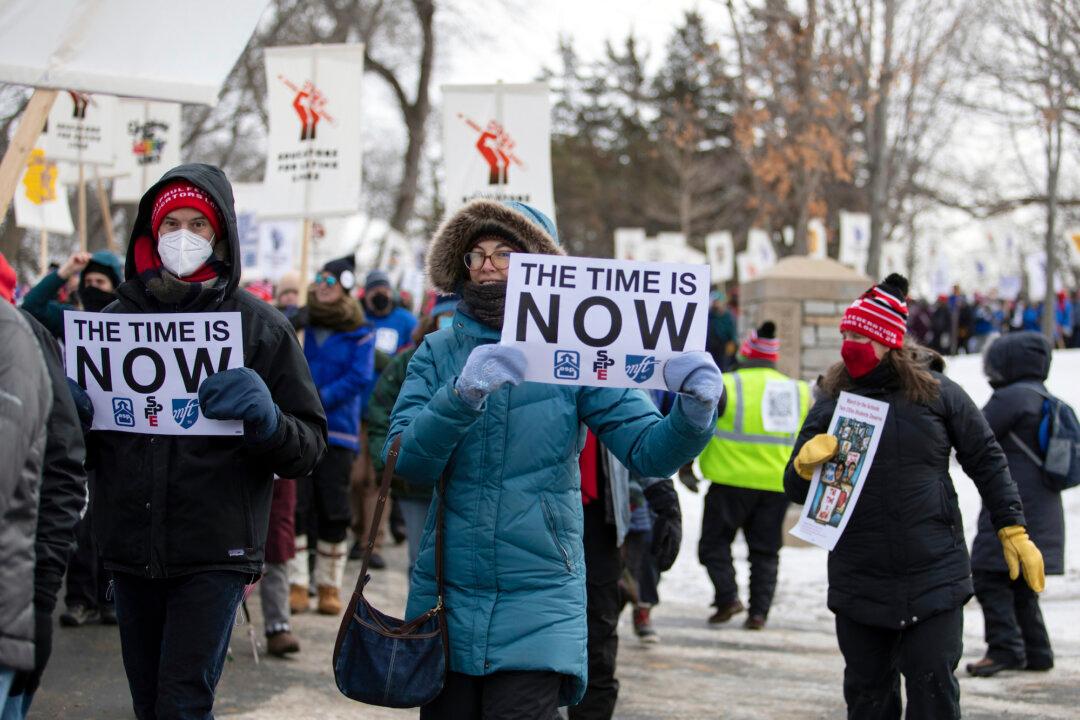Minneapolis Public Schools (MPS) has reached an agreement with its teachers’ union, ending a strike that has left over 29,000 students out of school for 14 days.
District officials announced on Friday that the tentative agreement with Minneapolis Federation of Teachers (MFT), pending a membership vote, will allow students to return to classrooms next week starting Monday, March 28.





